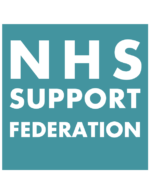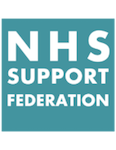PROJECTS
THE LOWDOWN
This is a regular health news and analysis publication about the NHS, produced by journalists and researchers to raise public awareness, counter misinformation and investigate the impact of health policy.

NHS FOR SALE?
This is a project to collect and analyze the evidence about the scale and impact of NHS privatisation.
Researchers track the contracts, profile the companies and explain the policy.

FUND OUR NHS
NHS staff are working harder than ever, but many patients are waiting longer for care and services under pressure. After many years of under-resourcing, what does the NHS need to be able to provide health care, and how does current policy measure up - our campaign website explores the issues.


